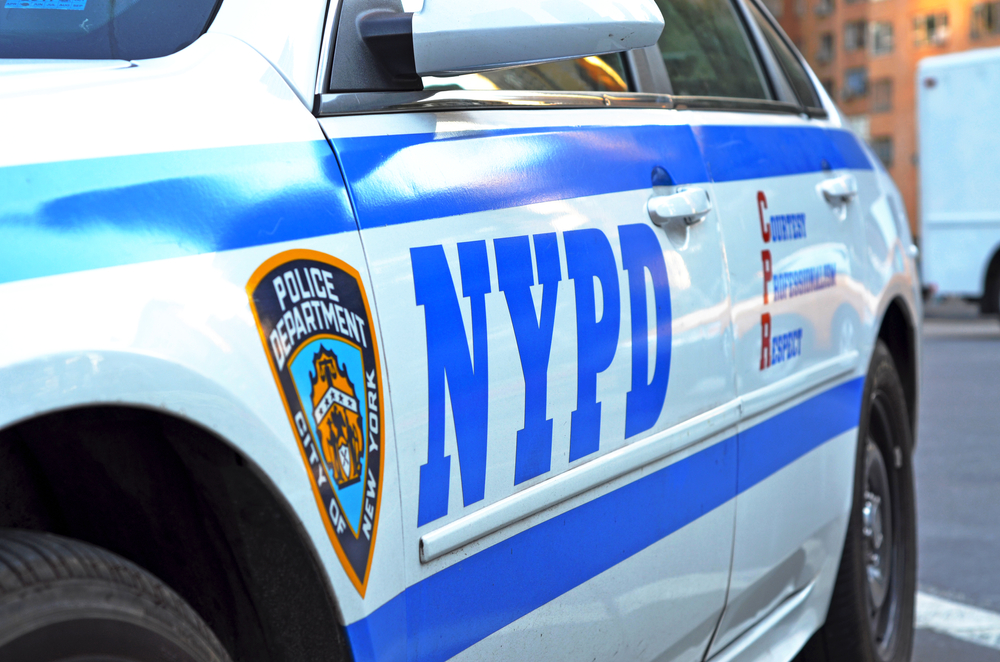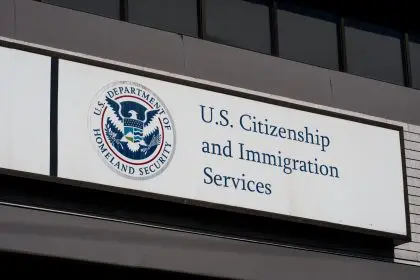In a troubling revelation, a recent report has highlighted the persistent issues surrounding the New York City Police Department’s controversial stop-and-frisk policy, which disproportionately targets young Black and Latino individuals. Despite a federal ruling in 2013 declaring these practices unconstitutional, the NYPD continues to engage in such tactics without facing adequate disciplinary measures. This ongoing situation raises critical questions about police accountability and the protection of civil rights in America.
The roots of the controversy
The stop-and-frisk policy, which was heavily utilized during Michael Bloomberg’s tenure as mayor, has been criticized for its discriminatory nature. A federal judge found that the NYPD’s practices overwhelmingly targeted Black and Latino men aged 14 to 24, with a staggering 80% of those stopped being innocent of any crime. Despite claims from Bloomberg and others that stop-and-frisk contributed to a decline in crime rates, the data does not support this assertion.
Recent findings on police discipline
Fast forward to today, and a comprehensive report has revealed that the NYPD has failed to discipline officers who violate citizens’ constitutional rights. The report, conducted by retired New York State judge James Yates, indicates that police commissioners have routinely reduced disciplinary actions against officers found guilty of wrongful stops and frisks. This lack of accountability undermines efforts to curb the abusive practices that have long plagued the department.
Yates’ report, which spans 503 pages, paints a grim picture of an agency reluctant to impose necessary discipline. It highlights a culture within the NYPD that prioritizes protecting officers over upholding the law. As Yates notes, there is an alarming tendency to excuse illegal stops and searches under the guise of good faith or lack of malintent.
Police union’s response
The response from the Police Benevolent Association (PBA), led by President Patrick Hendry, has been predictable. Hendry criticized the report, claiming it contradicts the disciplinary system that police officers navigate. His comments suggest a belief that police should not be held accountable for their actions, implying that they operate under a different set of rules than the citizens they serve.
This perspective raises significant concerns about the power dynamics at play. Police officers wield considerable authority, and without proper oversight, there is a risk of abuse. Hendry’s defense of the status quo reflects a broader issue within law enforcement, where accountability is often sidestepped in favor of protecting the institution.
A culture of lax discipline
The recent turmoil within the NYPD, including the resignation of Commissioner Edward A. Caban amid a federal investigation, underscores the urgent need for reform. Caban’s tenure was marked by a troubling trend of halting disciplinary cases against officers before they reached internal trials. His release of diluted guidelines for punishing misconduct further exemplifies the department’s failure to address systemic issues.
Who benefits from ‘fair and just’ discipline?
As the conversation around police accountability continues, the role of NYC Mayor Eric Adams, a former police officer himself, becomes increasingly significant. Adams must address why the NYPD remains unpunished for violations of citizens’ rights, especially in light of reports indicating that specialized police units have engaged in illegal stops and frisks under his administration.
The Fourth Amendment, which protects citizens from unreasonable searches and seizures, should be upheld for all individuals, regardless of race. However, the reality is that Black and Latino communities often face disproportionate scrutiny and violations of their rights. This systemic issue requires constant monitoring and accountability.
A call for change
The findings from the recent report on the NYPD’s stop-and-frisk practices serve as a stark reminder of the ongoing struggles for justice and accountability in law enforcement. As communities continue to advocate for their rights, it is imperative that police departments across the country, including the NYPD, implement meaningful reforms to ensure that all citizens are treated with dignity and respect.
Only through transparency, accountability and a commitment to upholding constitutional rights can we hope to dismantle the systemic issues that have long plagued law enforcement in America.













